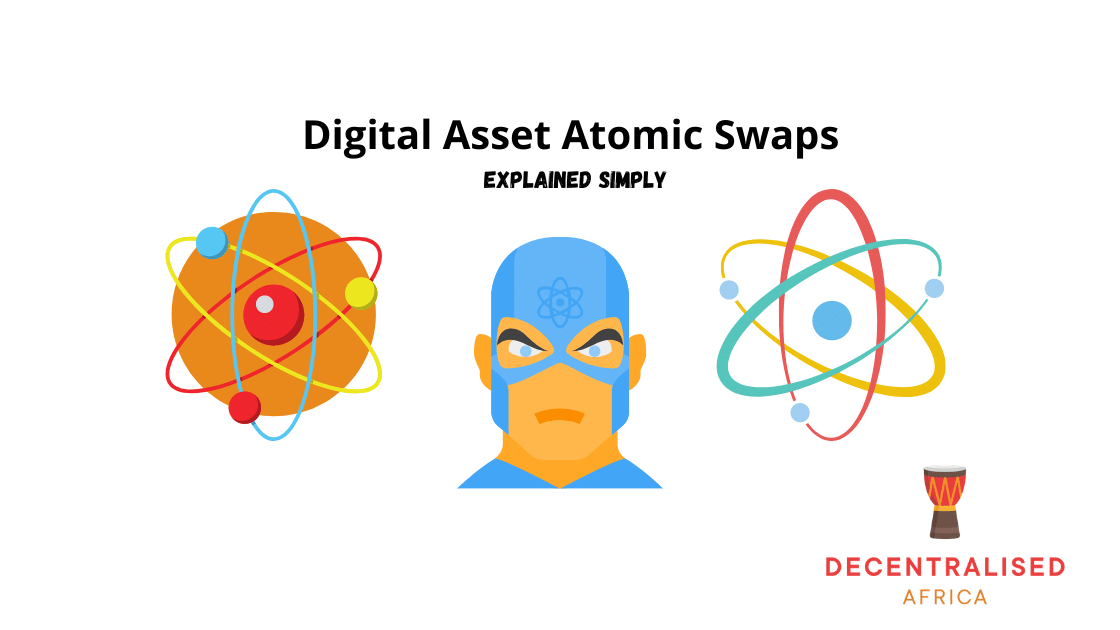
peer-to-peer asset swaps
Digital Asset Chronicles

peer-to-peer asset swaps
Atomic swaps refer to a technique that allows the quick exchange of two different digital assets, running on distinct blockchain networks. A smart contract technology that allows exchanging one cryptocurrency for another without using centralized third parties such as exchanges, atomic swaps first gained popularity in 2017 when an atomic swap happened between Decred and Litecoin.
Atomic swaps are automated, self-enforcing digital asset exchange contracts that allow cryptocurrencies to be traded peer-to-peer without the need for a trusted third party.
Atomic swaps can happen directly between blockchains of different cryptocurrencies or done off-chain, outside the main blockchain. Since inception, start-ups and decentralized exchanges have enabled users to access this technology. Non-custodial cryptocurrency wallets such as Exodus and Atomic offer atomic swap capability as part of their value propositions.
Demystifying Atomic Swaps
Exchanging cryptocurrencies is complex and time-consuming because of the fragmented nature of the current cryptocurrency ecosystem. Cryptocurrency exchanges support selected coins. If you want to exchange a coin for another that is not supported on a particular exchange; you will need to switch accounts or go through several conversions between coins.
Additionally, there is also the counterparty risk if you wish to exchange coins with another trader. To solve all those issues, Atomic swaps provide a solution. Atomic swaps do this through the Hash Timelock Contracts. Hash Timelock Contract is a time-bound smart contract between parties that generates a cryptographic hash function that can be verified.
With Atomic swaps, both parties must acknowledge receipt of funds within a given period using a cryptographic hash function. In case one party fails to confirm the transaction within the time limit, the whole transaction becomes void, and the funds will not go through.
They have the power to revolutionize the cryptocurrency industry even though they are yet to be tested on a larger scale. Cross-chain trading is the solution to many problems plaguing centralised exchanges such as:
Even though it is a relatively new technology, it drives major changes in terms of blockchain interoperability and cross-chain trading abilities. Atomic Swaps can boost growth within the cryptocurrency industry and open up new avenues when it comes to decentralization and peer-to-peer funds transfers.